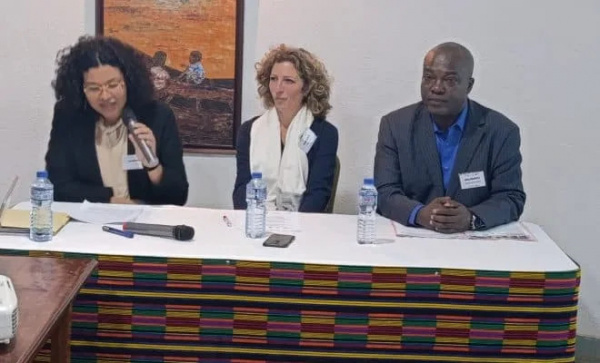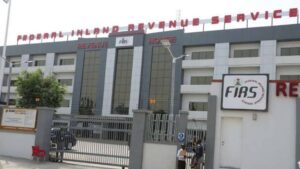TERSAA II is set to transform agriculture across West Africa through sustainable practices and inclusive growth. The program will invest €1.7 million over three years, from 2025 to 2028, to strengthen agricultural resilience in Togo, Benin, and two other countries. This ambitious investment demonstrates a strong commitment to building food security, promoting gender inclusion, and improving rural livelihoods across the region.
The TERSAA II initiative will directly support 8,593 producers and processors, with half of them being women. This inclusive approach ensures that both men and women can participate equally in reshaping the agricultural landscape. Moreover, the program’s impact will extend far beyond direct beneficiaries, reaching an estimated 750,000 people through improved farming systems and community support networks.
Furthermore, TERSAA II aims to promote sustainable agricultural methods that protect the environment while increasing productivity. By introducing agroecological practices on 95 additional hectares, the project will help farmers adapt to changing climatic conditions. These practices will also restore soil health, conserve biodiversity, and reduce dependence on harmful chemicals. Through these actions, the program seeks to create long-term resilience for both farmers and their communities.
In addition, 1,235 producers will receive specialized training to improve their technical skills and business knowledge. These training sessions will focus on sustainable production techniques, value chain development, and post-harvest management. As a result, farmers will become more self-reliant, efficient, and capable of competing in local and international markets. This practical knowledge will also empower them to manage resources responsibly and ensure steady income growth.
Another important goal of TERSAA II is the creation of three quality labels for local agricultural products. These labels will serve as symbols of trust, helping consumers identify products that meet high environmental and social standards. Consequently, local producers will gain better market access and fairer prices for their goods. The initiative also encourages community ownership, ensuring that farmers remain at the heart of every decision and benefit from the value they create.
Moreover, the program’s design reflects a deep understanding of regional challenges such as soil degradation, limited access to resources, and climate change. By combining innovation with traditional knowledge, TERSAA II aims to create a balanced model for sustainable agriculture. Its focus on cooperation among farmers, processors, and local authorities will foster unity and shared responsibility for food security.
The inclusion of women as half of the direct beneficiaries highlights the program’s dedication to gender equality. Women play a vital role in food production and household stability, yet often face limited access to resources. Through training, financial inclusion, and leadership opportunities, TERSAA II empowers women to become agents of change within their communities. This balance not only supports equality but also enhances productivity and innovation across the agricultural value chain.
Ultimately, TERSAA II represents more than just an investment—it embodies a vision for a stronger, greener, and more inclusive West Africa. Its focus on sustainability, education, and collaboration promises a future where agriculture becomes a source of resilience rather than vulnerability. With continued commitment from stakeholders, the program will help rural communities thrive, protect natural resources, and secure a better future for generations to come.
Through TERSAA II, West Africa moves closer to achieving food sovereignty and economic stability rooted in fairness and sustainability. The initiative stands as a testament to what can be achieved when vision, partnership, and purpose come together to serve humanity.






